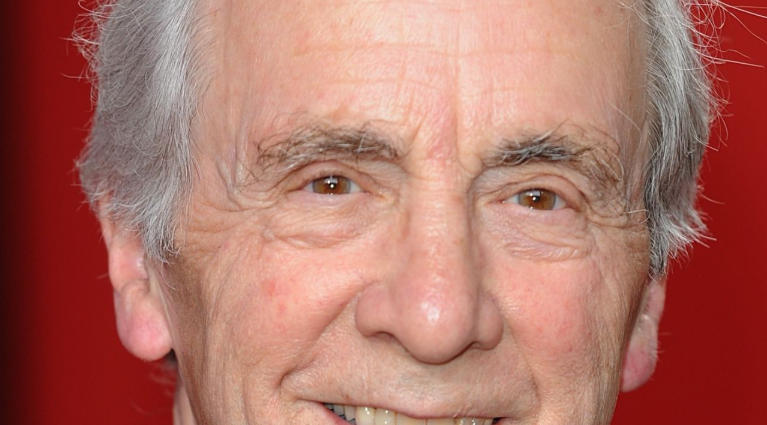Fawlty Towers, a British sitcom that aired in the 1970s, remains a beloved classic to this day. One of its most memorable storylines involves a controversial incident between Russell Brand and actor Andrew Sachs, which sparked widespread discussion about comedy, censorship, and respect. This blog post explores the context behind the situation and its implications for the landscape of comedy today.
1. The Fawlty Towers Legacy
Fawlty Towers, created by John Cleese and Connie Booth, is celebrated for its sharp humor and unforgettable characters, particularly Basil Fawlty, played by Cleese. With only two short seasons, the show achieved cult status, leaving a rich legacy in British television. Its unique blend of slapstick, wit, and social commentary has influenced countless comedians and writers. The show’s enduring popularity makes any discussion surrounding it particularly captivating, especially when it intersects with contemporary comedy and celebrity culture.
2. The Russell Brand Incident
In 2008, comedian Russell Brand made headlines for his prank calls to Andrew Sachs, who played Manuel in Fawlty Towers. The calls, aired on Brand’s radio show, included inappropriate comments about Sachs’s granddaughter. The event led to significant backlash, a public outcry, and Brand eventually resigning from the BBC. This incident ignited debates about the boundaries of humor, accountability in comedy, and the responsibility of public figures to be respectful.
3. The Impact on Comedy and Ethics
The Brand-Sachs incident serves as a pivotal moment in the discussion about morality in comedy. It raised questions about what is acceptable in humor and whether the principles of free speech should shield comedians from the consequences of their jokes. Many comedians have since reflected on the balance between pushing boundaries and exercising sensitivity, underlining the evolving relationship between comedians and their audiences. This moment became a reminder that while comedy can be provocative, it should also consider the feelings and dignity of others.
In conclusion, the episode involving Russell Brand and Andrew Sachs offers a fascinating lens through which we can examine the shifting dynamics of comedy and respect. If you’re interested in further exploring the nuances of humor and its social implications, consider diving into classic sitcoms like Fawlty Towers or engaging with contemporary conversations about comedy. The world of humor is always evolving, and there is much to learn from both the past and present!
